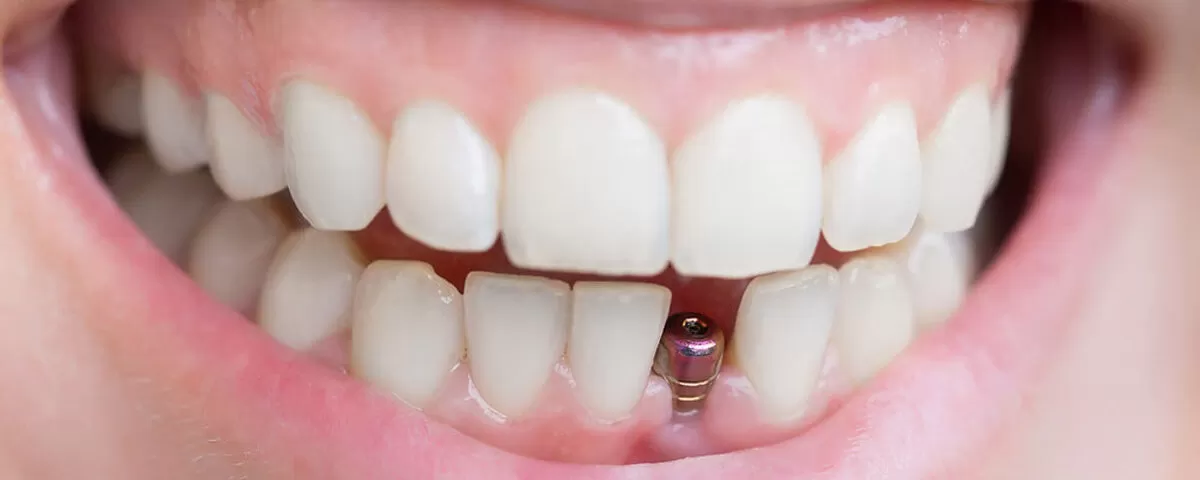Sensitivity In Tooth With Crown

Tooth sensitivity is a common issue that can arise after a dental crown procedure, leaving patients wondering what causes this discomfort and how it can be alleviated. A dental crown, also known as a cap, is a tooth-shaped covering placed over a tooth to restore its shape, size, strength, and appearance. Despite the benefits of crowns in protecting teeth and enhancing smiles, the process of preparing the tooth for a crown and the crown itself can sometimes lead to sensitivity.
Understanding the reasons behind tooth sensitivity with a crown is crucial for finding effective solutions. One primary cause is the irritation of the pulp, the innermost part of the tooth containing nerves and blood vessels. During the preparation of the tooth for a crown, the dentist must remove some of the enamel and possibly some of the dentin (the layer beneath the enamel) to fit the crown properly. This process can inadvertently irritate the pulp, leading to inflammation and increased sensitivity.
Another factor contributing to sensitivity is the materials used for the crown. While modern dental materials are designed to be biocompatible and minimize adverse reactions, some patients may still experience sensitivity due to the crown’s material or the cement used to secure it. The fit of the crown is also critical; a poorly fitted crown can lead to microleakage, where bacteria can seep between the crown and the tooth, causing irritation and sensitivity.
Furthermore, the temporary crown worn during the interim period while the permanent crown is being fabricated can also cause sensitivity. Temporary crowns are often made of less durable materials and may not fit as precisely as the final crown, potentially irritating the tooth or surrounding gums.
Alleviating sensitivity after a dental crown placement involves a combination of dental interventions and home care strategies. One of the first steps is to revisit the dentist for an assessment. The dentist may adjust the crown to ensure a proper fit, reducing the risk of microleakage and irritation. In some cases, a desensitizing toothpaste or varnish may be recommended to help block the dentinal tubules in the tooth, which can reduce sensitivity.
For patients experiencing persistent or severe sensitivity, more specialized treatments may be necessary. Fluoride gel or foam applications can help strengthen the tooth and reduce sensitivity. In cases where the pulp is significantly irritated, the dentist may prescribe a topical anesthetic or a desensitizing agent to apply directly to the tooth. If the sensitivity is due to the materials used, the dentist may consider replacing the crown with one made from a different material.
From a home care perspective, using a soft-bristled toothbrush and a gentle, desensitizing toothpaste can help manage sensitivity. Avoiding extreme temperatures and acidic foods can also reduce discomfort. Maintaining good oral hygiene, including regular brushing, flossing, and dental check-ups, is crucial for preventing further complications and ensuring the longevity of the crown.
In conclusion, while tooth sensitivity after crown placement can be uncomfortable, it is a common and often temporary issue. Understanding the causes and working with a dentist to address sensitivity can lead to effective relief and a successful outcome for the dental crown procedure. Regular dental care and open communication with dental professionals are key to minimizing sensitivity and ensuring the health and longevity of crowned teeth.
FAQs
What are the common causes of tooth sensitivity after getting a dental crown?
+The common causes include irritation of the pulp during the tooth preparation process, sensitivity to the materials used for the crown, microleakage due to a poorly fitted crown, and temporary crowns. Each of these factors can lead to inflammation and heightened nerve sensitivity.
How can tooth sensitivity after crown placement be treated?
+Treatment involves dental interventions such as adjusting the crown for a better fit, applying desensitizing varnishes, or using fluoride treatments. Home care strategies include using desensitizing toothpaste, avoiding extreme temperatures, and practicing good oral hygiene.
Can tooth sensitivity after a crown be a sign of a more serious issue?
+Yes, persistent or severe sensitivity could indicate a more serious problem, such as infection or significant pulp inflammation, which may require additional treatments like root canal therapy. It’s essential to consult with a dentist to determine the cause and appropriate treatment.


